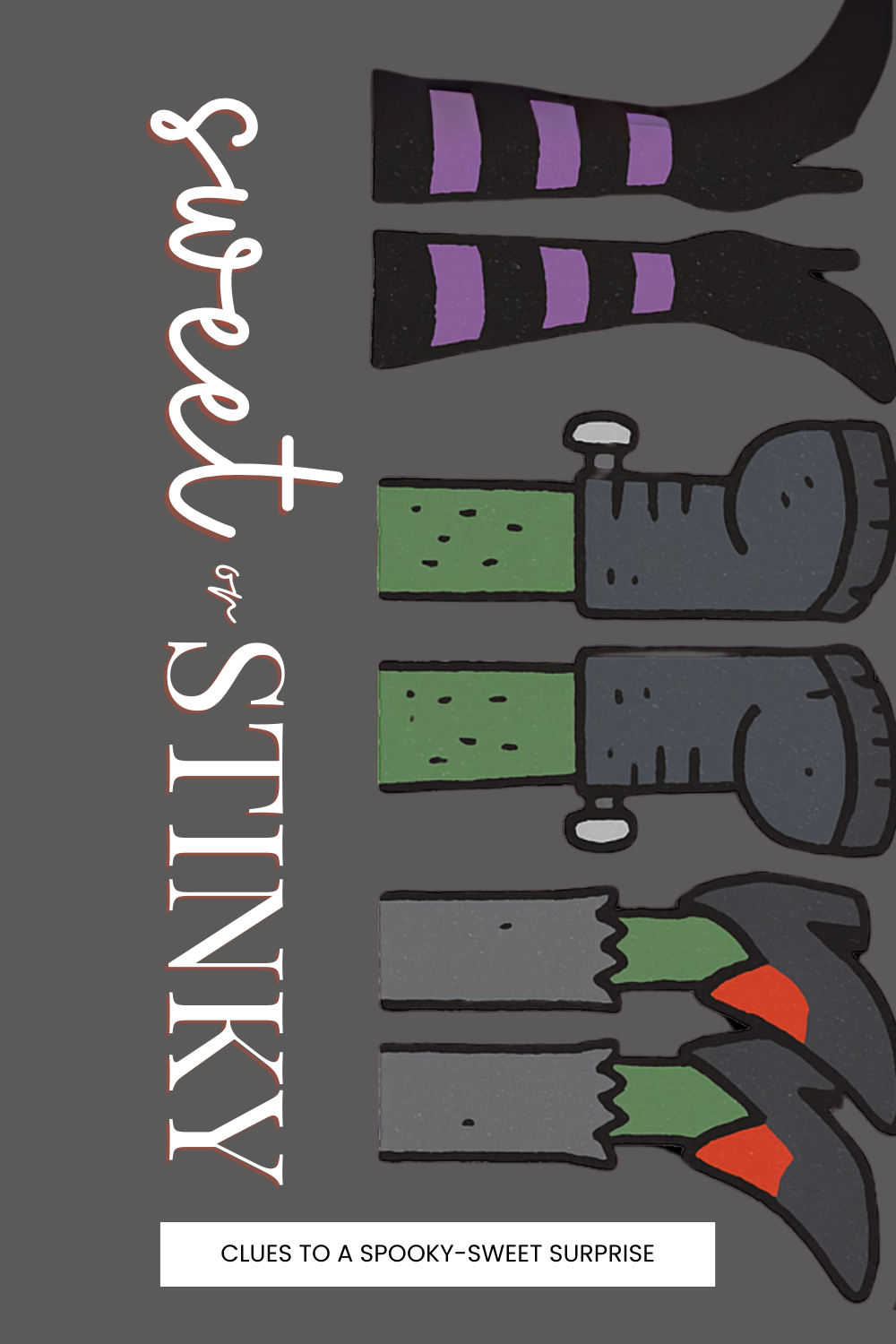Being a mom is undoubtedly one of the most rewarding experiences in life, but it also comes with its fair share of challenges and misconceptions. From the pressure to be a "supermom" to the pervasive feeling of "mom guilt," moms are faced with many myths along their journey.
Join us as we debunk these myths, shed light on their damaging effects, and offer a fresh perspective that celebrates the diverse experiences of motherhood.

Supermom Myth: Moms should excel in every aspect of motherhood without showing signs of weakness or asking for help.
- Why it's damaging: The pressure to be a supermom can be overwhelming, leading to feelings of inadequacy and burnout. Constantly striving for perfection in every aspect of motherhood can leave moms feeling exhausted and stressed out. Additionally, this myth often implies that asking for help is a sign of weakness, leading many moms to shoulder the burden alone, resulting in burnout and mental exhaustion.
- Impact on kids/families: Constantly striving to be a supermom can create a stressful environment for the family. Moms may become irritable and emotionally distant due to the pressure to perform, which can strain relationships within the family. Additionally, this pressure can set unrealistic standards for children, leading them to feel inadequate if they don't meet these impossible expectations.
- Fresh perspective: Instead of aiming for perfection, moms should focus on being good enough. Embracing imperfections and practicing self-compassion allows moms to be more present and nurturing for their families. Recognizing that it's okay to ask for help and delegate tasks can help alleviate some of the pressure and prevent burnout.
Perfect Mom Myth: Moms shouldn’t make mistakes or show vulnerability.
- Why it's damaging: The pursuit of perfection in motherhood is exhausting and unattainable. Moms who strive to be perfect in every aspect of parenting often find themselves feeling stressed and anxious about maintaining an impossible standard. This myth also prevents moms from being authentic and vulnerable with their children because they may fear that showing imperfections will make them appear weak or inadequate.
- Impact on kids/families: Growing up with a perfectionist mom can lead to a tense family dynamic. Children may feel pressured to meet unrealistic standards set by their mom, which can hinder their emotional development and lead to those same feelings of inadequacy. Additionally, this pressure can strain relationships within the family, as children may feel like they're constantly under scrutiny.
- Fresh perspective: Moms should focus on being present and loving, rather than being perfect. Accepting both strengths and weaknesses allows moms to be more authentic and vulnerable with their children, fostering deeper connections and healthier relationships. Embracing imperfections teaches children that it's okay to make mistakes and encourages them to be more compassionate towards themselves and others.
Martyr Mom Myth: Moms should prioritize the needs of their family above their own.
- Why it's damaging: Sacrificing personal happiness and fulfillment for the sake of others can lead to resentment and create an unhealthy family dynamic. Moms who constantly put others' needs ahead of their own may feel unappreciated and undervalued, which can strain relationships within the family.
- Impact on kids/families: Children may learn that self-sacrifice is expected in relationships, which can hinder their emotional development and ability to express their own needs and desires. Additionally, growing up with a martyr mom can lead to feelings of guilt and responsibility, as children may feel like they have to take care of their mom's emotional well-being.
- Fresh perspective: Prioritizing personal happiness and fulfillment models healthy habits and boundaries. Moms who take care of themselves are better able to meet the needs of their families and foster healthier relationships with their children. Embracing self-care teaches children the importance of prioritizing their own well-being and encourages them to set boundaries in their own relationships.
Nurturing Instinct Myth: Moms should possess a natural instinct for nurturing and caregiving.
- Why it's damaging: Assuming all moms have an innate ability for nurturing can lead to feelings of inadequacy and self-doubt when they struggle to meet societal ideals. This myth may also deter moms from seeking help, fearing judgment for not living up to the "ideal" of motherhood.
- Impact on kids/families: Children may feel pressure to meet unrealistic expectations set by their mom, which can hinder their emotional development and ability to express their true feelings and needs. Additionally, growing up with a mom who believes in the nurturing instinct myth can create a tense and insecure family dynamic, as children may feel like they have to live up to unrealistic standards.
- Fresh perspective: Embracing guidance and support while fostering humility and openness cultivates a nurturing family environment. Recognizing the uniqueness of each mom's journey promotes empathy and understanding, nurturing a safe space for moms and children to thrive together.
Competitive Mom Myth: Moms should strive to be the "best".
- Why it's damaging: Seeing motherhood as a competition breeds a toxic atmosphere of judgment and comparison among moms. This myth hinders genuine connections, portraying other moms as rivals rather than allies, perpetuating feelings of inadequacy and insecurity.
- Impact on kids/families: Competitive mindsets bring stress and tension into families, as moms strive to meet unattainable societal standards. Children may absorb these feelings, leading to unhealthy coping mechanisms like perfectionism or low self-esteem.
- Fresh perspective: Embracing diversity and cooperation among moms builds a supportive community. Acknowledging that every mom's journey is unique fosters empathy, strengthening bonds and promoting healthier relationships within families and communities.
Mom Guilt Myth: Moms should constantly feel guilty and second-guess their parenting decisions.
- Why it's damaging: Mom guilt is a common feeling that does more harm than good. It undermines a mom's confidence and self-esteem, leading to stress and anxiety. Moms often doubt themselves, worrying if they're doing enough for their families and feeling inadequate compared to unrealistic standards.
- Impact on kids/families: Having a mom who constantly feels guilty and doubts herself can make family life tense and stressful. Kids might feel like they have to take care of their mom's emotions, hiding their own feelings to avoid upsetting her. Plus, this constant guilt can affect kids' emotional growth, making them feel inadequate and guilty themselves.
- Fresh perspective: By practicing self-compassion and embracing humility, moms can learn and grow in their parenting journey. Understanding that every mom is doing her best with what she knows creates a supportive family atmosphere. Letting go of mom guilt enables moms to be fully present and engaged with their families, nurturing stronger bonds and healthier relationships.
As we wrap up our exploration of motherhood myths, remember this: being a mom is a journey filled with highs and lows, triumphs and challenges. But through it all, you're doing an amazing job. Embrace your strengths, accept your imperfections, and know that you're not alone in this journey. Together, let's continue to challenge outdated beliefs, support one another, and celebrate the unique journey of motherhood.










